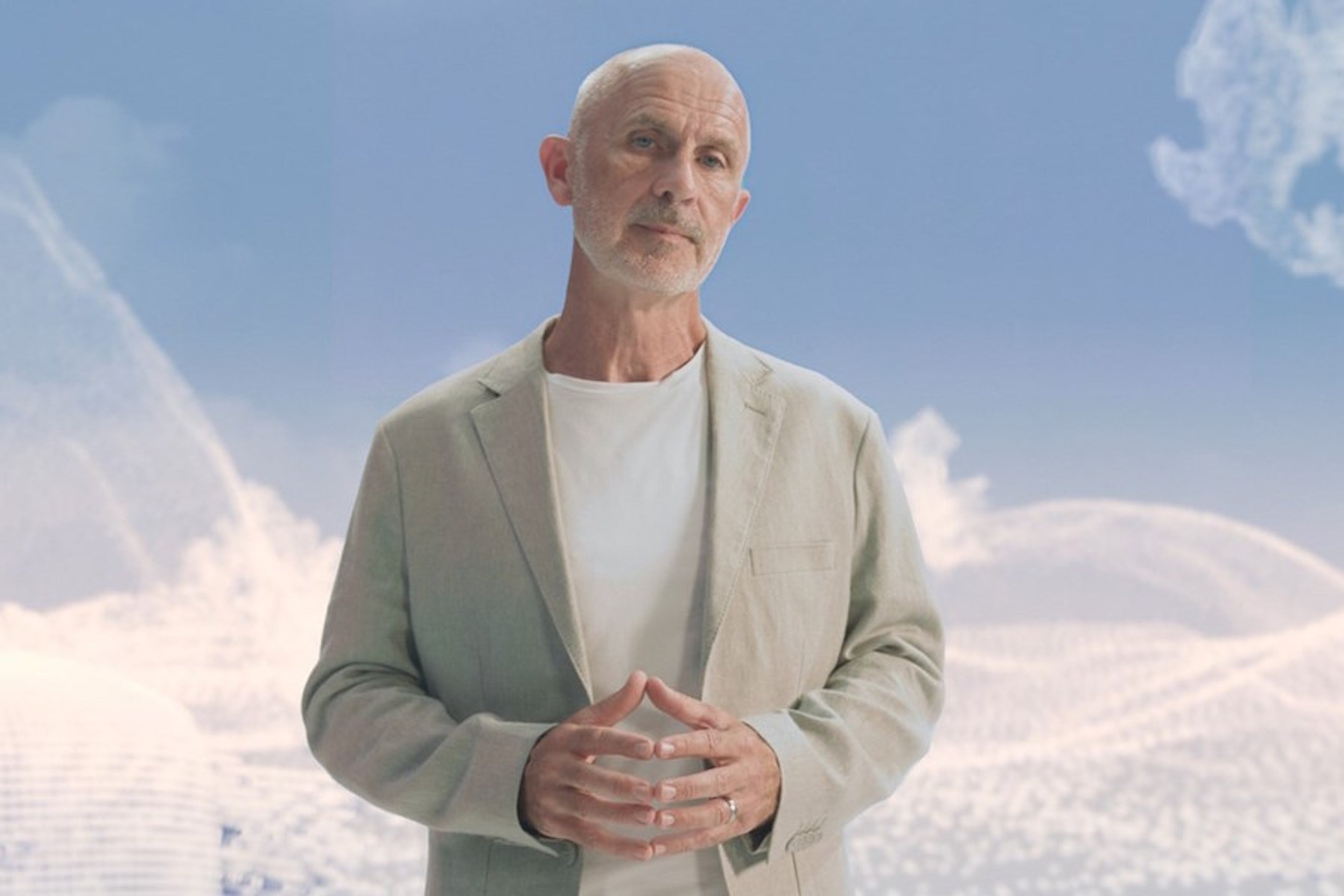Volvo Cars CEO: ‘If you’re working 12-hour days, you have a boss problem’
Volvo Cars Global CEO Jim Rowan says there’s more to life than work. He thinks anyone under pressure to put in 12-hour shifts should find another job.

People shouldn’t work 12-hour days, says Volvo Cars Global CEO Jim Rowan. If they do, they probably have a “boss problem”, he reckons. “And if the company expects you to do that, you don’t have a boss problem, you have a company problem. You should leave … join a proper company.”
It’s a keen insight into the former Dyson chief’s mindset as he sets about creating a different breed of car company – and culture. Rowan’s take is that everyone needs to work hard, but not at the expense of life outside of work. In a world where everything is being disrupted, burning people out is a recipe for failure.
“People are far more energised, far more effective, far more productive, if they have a proper work-life balance,” Rowan told the Australian Financial Review Magazine. “They are far more interesting too, because they go out and do other things with their life, and they bring that back to the workplace.”
Amen to that.
“There are much more profound changes that need to be made. Next generation mobility is really around software and silicon.”
Rowan was in Australia last month visiting the local Volvo team, outlining the company’s long-term strategy to push fully into electric vehicles faster and more fully than other carmakers – and listening to feedback on the challenges and opportunities ahead.
His interview with the Australian Financial Review also outlines where he sees new competitive lines being drawn for carmakers.
“Electrification is the easy part,” per Rowan. “There are much more profound changes that need to be made. Next generation mobility is really around software and silicon.”
Hence Volvo Cars working to bring a far greater proportion of its key technologies in-house, from hardware such as motors and inverters, plus batteries, and increasingly, software.
That requires significant investment, which the company is now increasing. While that may reduce profit in the short-term – as Volvo aims to double manufacturing capacity and output over the next few years while investing in hardware and software advancements – Rowan thinks those who invest too late will pay a heavy price.
“The companies who survive … will be the ones that make the bold and brave moves now.”
AFR subscribers can read the full interview here.